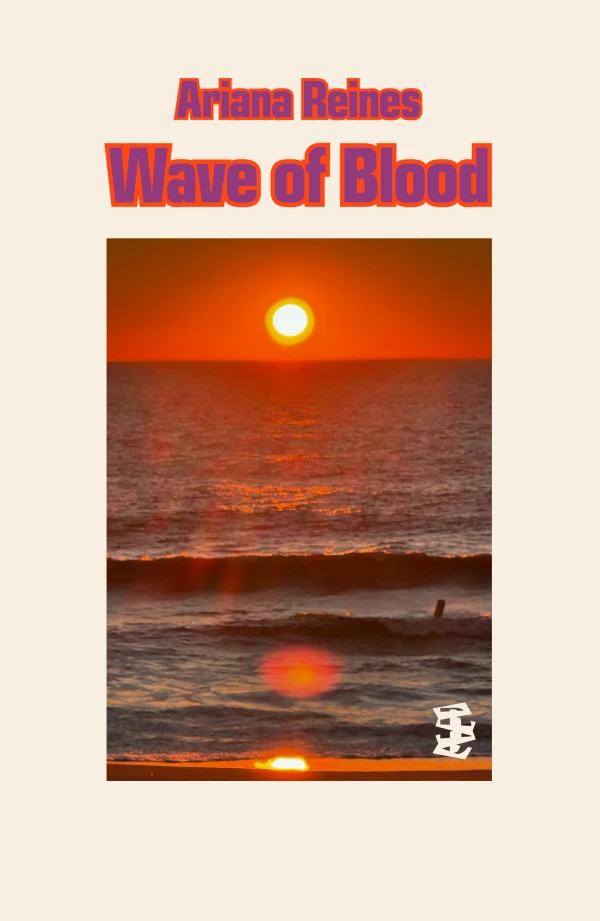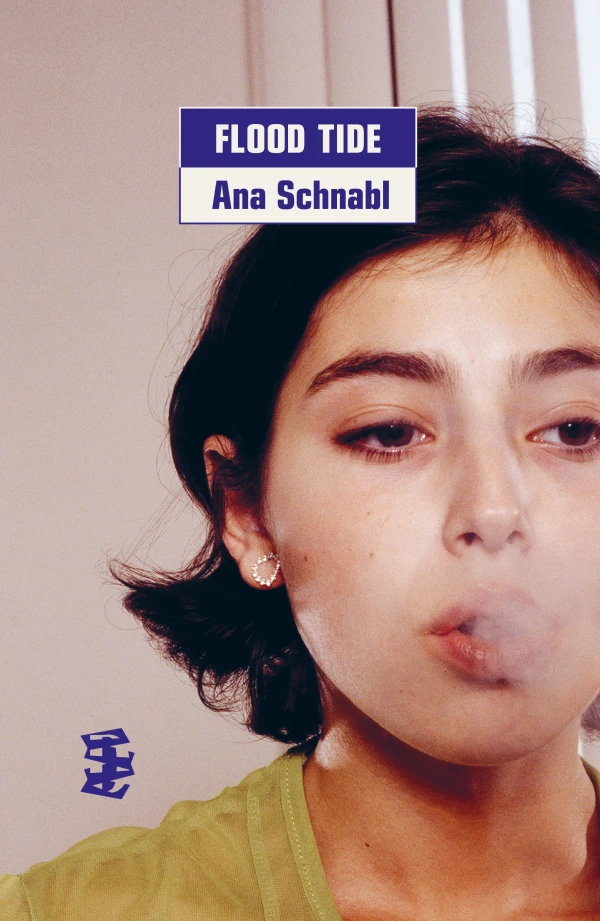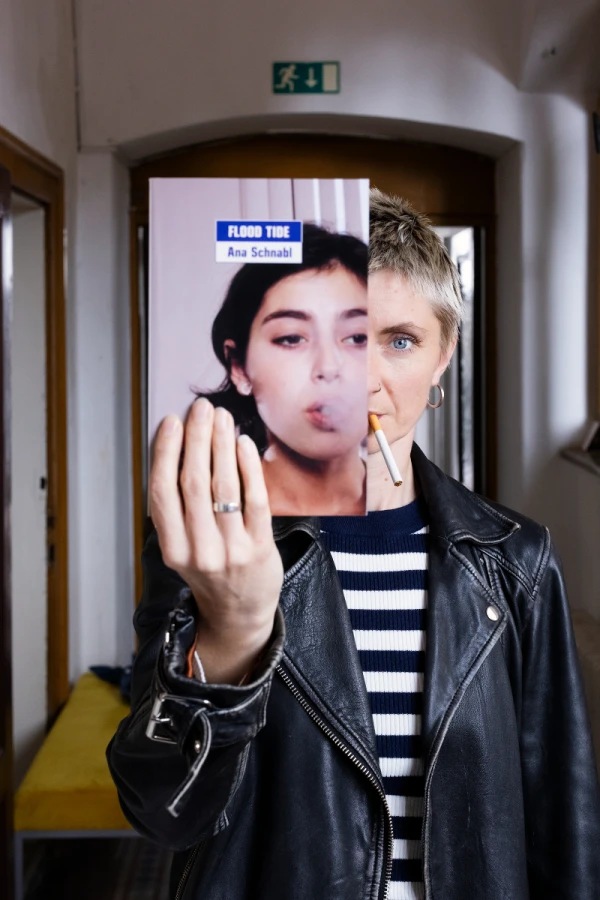Ariana Reines is a poet, playwright, and performing artist from Salem, Massachusetts and based in New York. Her books include A Sand Book—winner of the 2020 Kingsley Tuftfts Award and longlisted for the National Book Award—Mercury, Coeur de Lion, and The Cow, which won the Alberta Prize from Fence in 2006. Her Obie-winning play Telephone was commissioned by the Foundry Theatre with a sold-out run at the Cherry Lane Theatre in 2009. Reines has created performances for the Solomon R. Guggenheim Museum, the Swiss Institute, Stuart Shave/Modern Art, Le Mouvement Biel/Bienne, the Whitney Museum of American Art, and Performance Space New York. She has taught poetry at UC Berkeley (Holloway Poet), Columbia, NYU, and Scripps College (Mary Routt Chair), been a visiting critic at Yale School of Art, and for community organizations including the Poetry Project and Poets House. Her poetry and prose have been published in The New Yorker, Poetry, Artforum, Frieze, Harper’s, and many others. In 2020, while a Divinity student at Harvard, Reines created Invisible College, an online space devoted to the study of poetry, sacred texts, and the arts.





